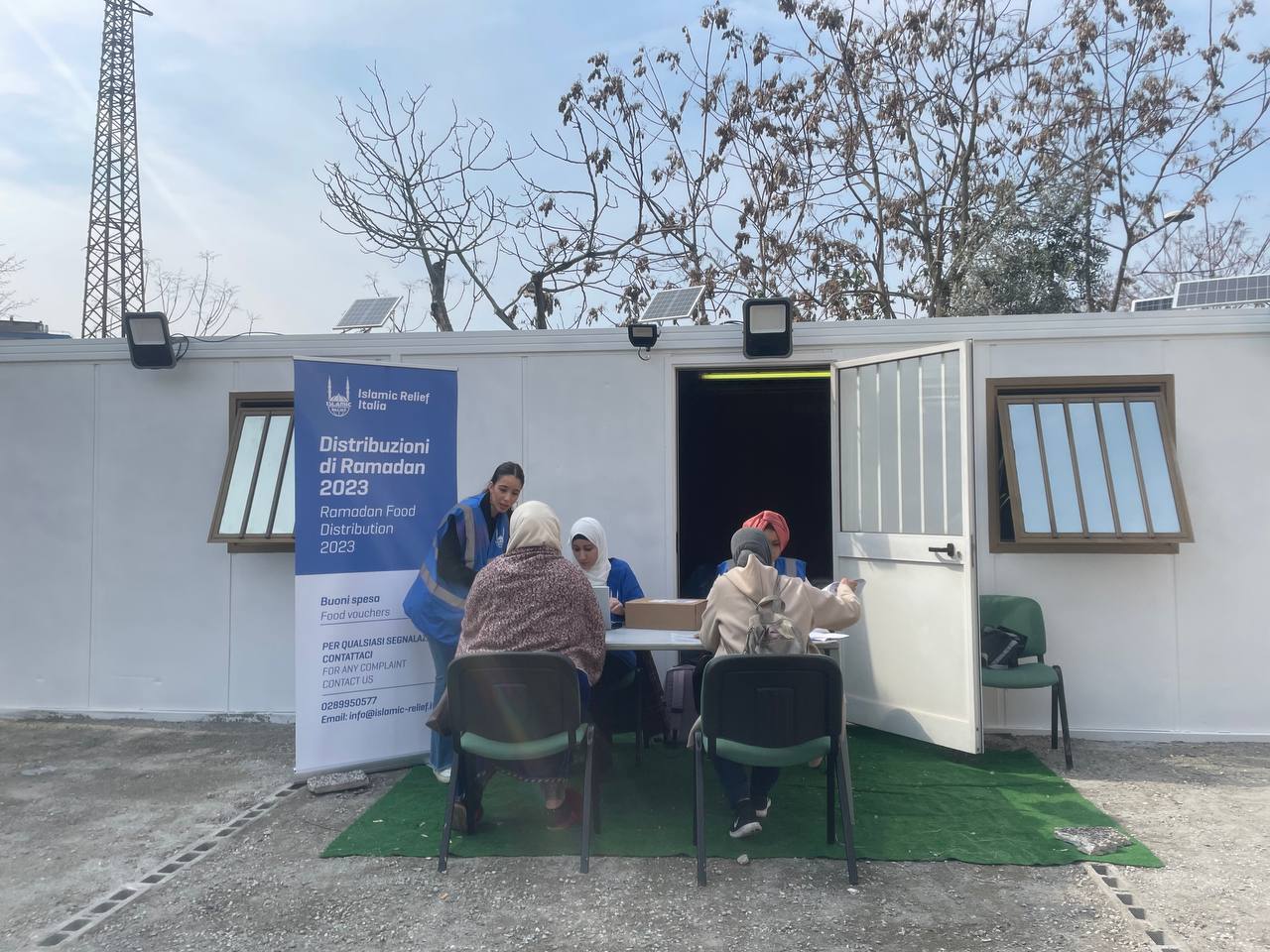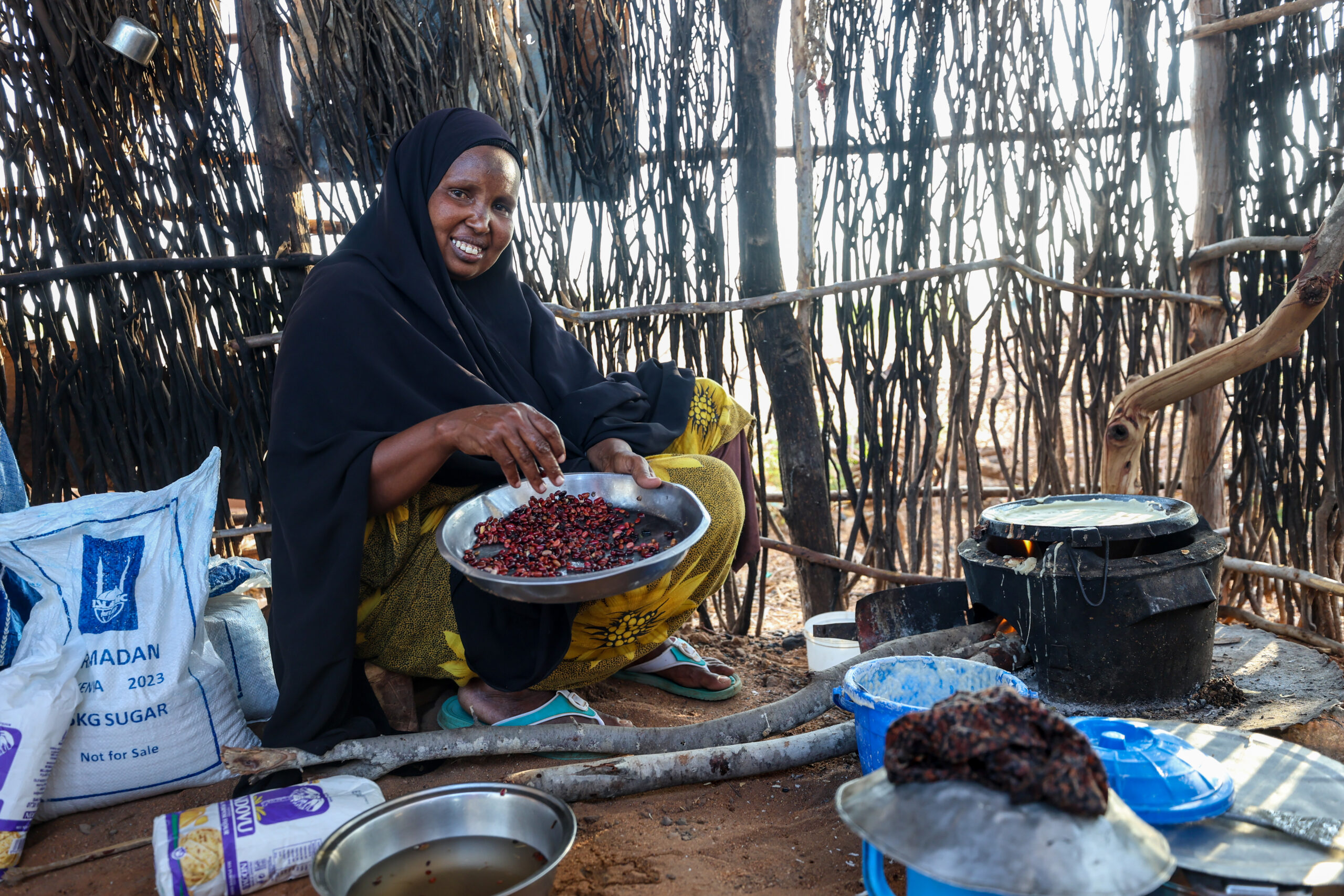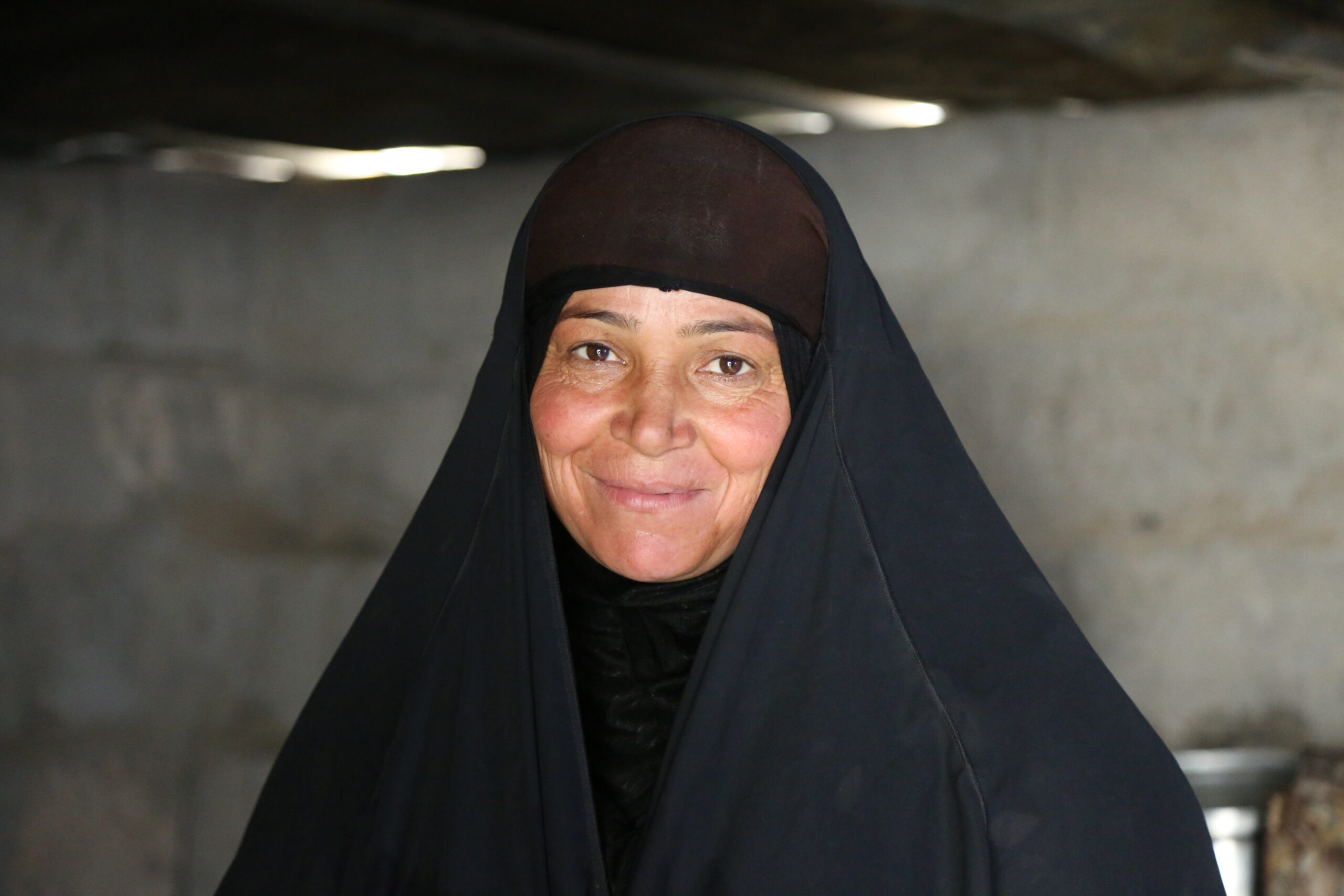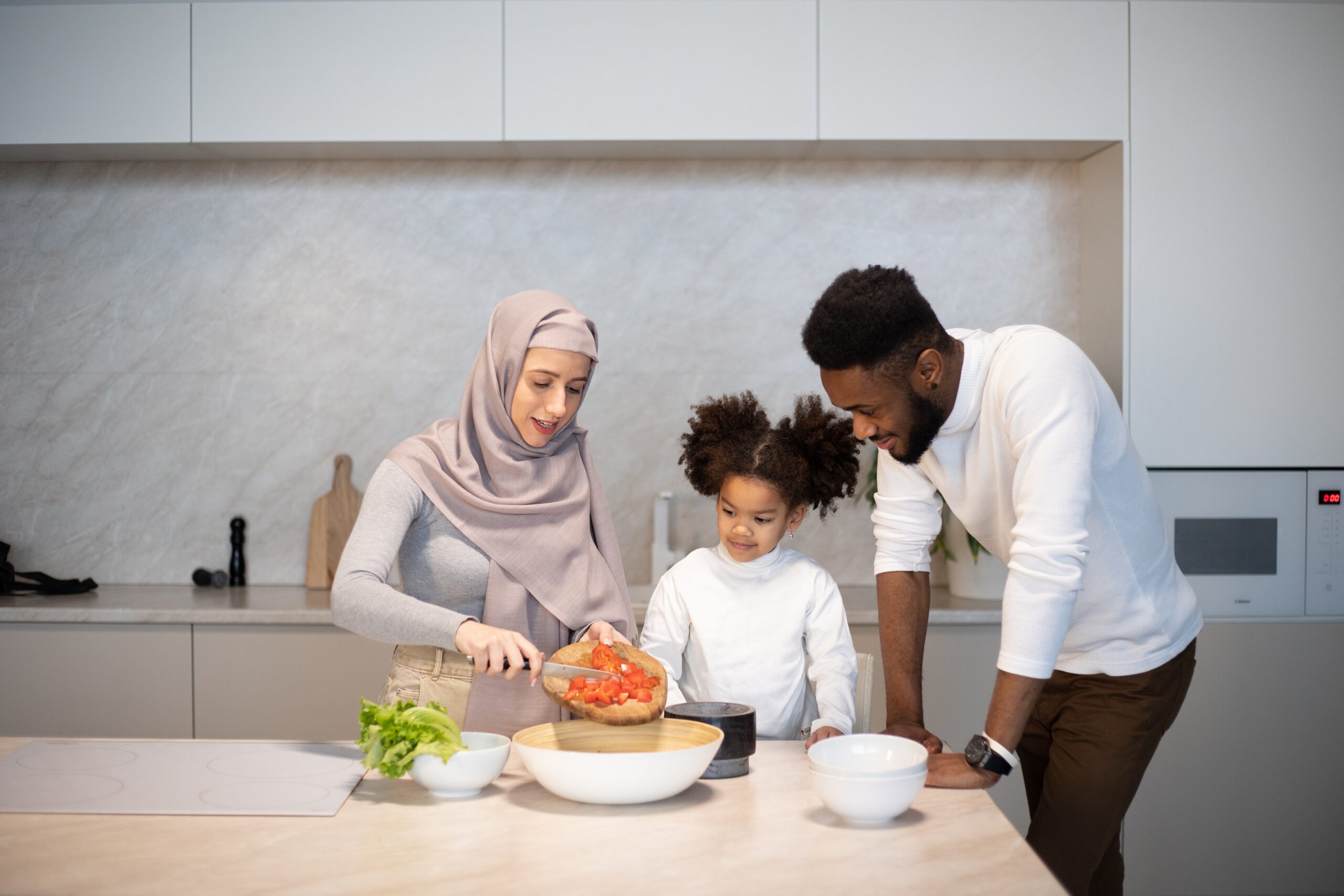
03.23.23
How to Plan Your Iftar Meals During Ramadan
In the Islamic calendar, Ramadan is a blessed month where Muslims observe fasting from dawn to sunset. During this time, one of the most important meals of the day is Iftar, which is the meal Muslims when breaking their fast at sunset.
As such, planning this evening meal is vital as it should be nourishing to our bodies, souls and mind after a day without eating, drinking or acting on our impulses. While planning Iftar meals during Ramadan can be challenging, with the right approach and the right intentions, it can be straightforward and bring you more rewards during the blessed month.
Here are some tips on how to plan your Iftar meals during Ramadan in simple and spiritually fulfilling ways.
Plan with the intention of pleasing Allah (SWT)
The first and most important step in planning your Iftar meals during Ramadan is to have the intention of pleasing Allah (SWT).
In Islam, every action that we take should be done with the intention of gaining rewards from Allah (SWT). This will not only enhance your spiritual connection but also help you to focus on the significance of the meal and its purpose.
So, when planning your meals, make sure that your intention is to nourish your body, mind and soul for the sake of pleasing Allah (SWT) and begin with a dua seeking His (SWT) blessings.
Consider wholesome and nutritious meals
When planning your Iftar meals, it’s important to choose wholesome and nutritious meals that provide you with the energy and nutrients needed to fast and keep you feeling full throughout the whole day.
Include a variety of food groups, such as proteins, carbohydrates and healthy fats. Additionally, prioritise whole foods such as fruits, vegetables, whole grains and lean proteins that are low in sugar and less processed and high in fibre, vitamins and minerals.
The Prophet Muhammad (peace and blessings be upon him), himself used to break his fast with nutritious foods like dates figs, melons, cucumbers, so go forth and follow the Sunnah!
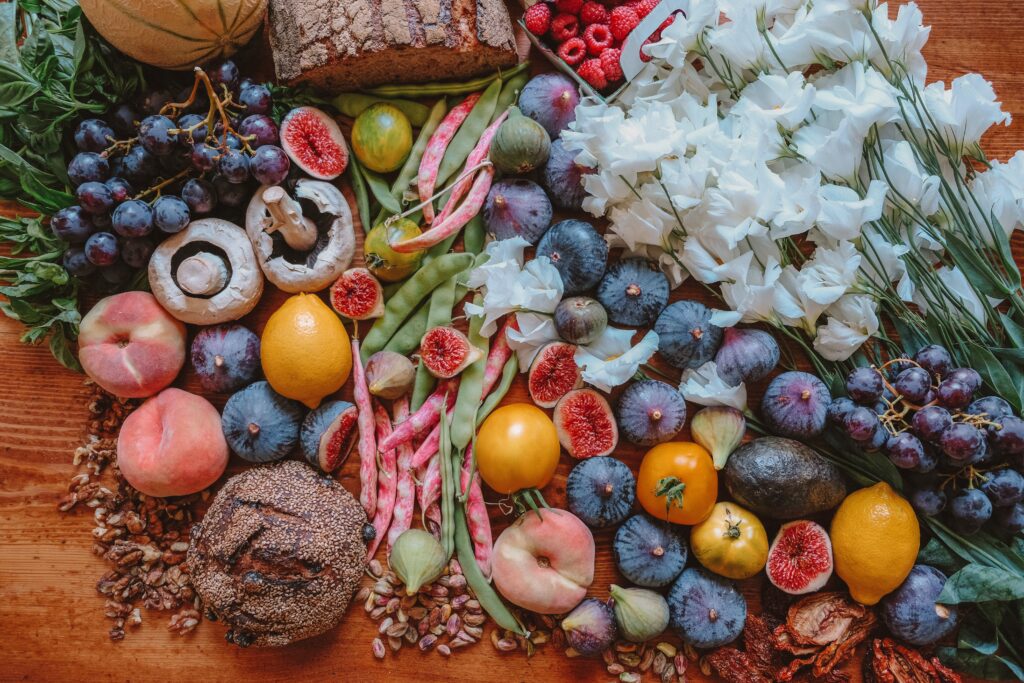
Don’t forgot to prepare plenty of water and other healthy fluids such as coconut water, smoothies and soups to help keep everyone hydrated as well!
Avoid preparing too much or wasting food
After you’ve chosen which meals you’ll want to make, list all the ingredients you need and the timing of each dish. By doing this, you can avoid last-minute stress, spend less time cooking during the fasting hours and avoid wasting too much food.
In Islam, wasting food is discouraged. Allah (SWT) says in the Quran, “But waste not by excess, for Allah loveth not the wasters.” (Al-Araf, 7:31)
The Prophet (PBUH) likewise said, “‘A human being fills no worse vessel than his stomach” (Sunan Ibn Majah) and encouraged the believers to avoid breaking their fast with more than what they can eat. Overeating during Iftar can also discomfort and digestive problems.
By planning the number of plates and foods you’ll serve in advance, you’ll be able to make lighter and healthier Iftar dishes that’ll help prepare your stomach for the heavier meal to come.
Get Some Help from Family and Friends
Ramadan is a time of gathering and connecting with loved ones and the community for the sake of Allah (SWT). As it’s essential to enjoy your Iftar meals with family and friends, you can make preparing Iftar a time to bond with family and friends.
In conclusion, planning your Iftar meals during Ramadan can be a rewarding and meaningful experience. By following these tips, you can ensure that your meals are wholesome, and nutritious and brings you closer to your deen.
May Allah (SWT) bless us all and accept our good deeds during this holy month.


